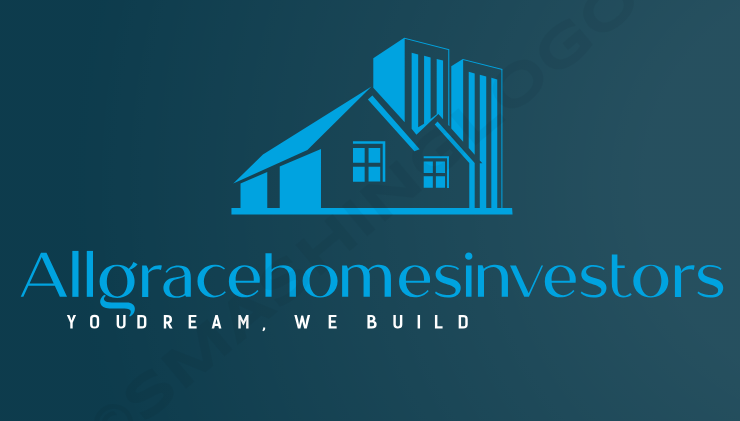A mortgage is a loan that you take out to finance the purchase of a property. With a mortgage, you make monthly payments to the lender, which are split between the principal (the amount you borrowed) and the interest (the fee you pay for borrowing the money). Most mortgages have a fixed interest rate, which means the interest rate stays the same for the life of the loan. Some mortgages have an adjustable interest rate, which means the interest rate can change over time.
There are a few different terms you should know when it comes to mortgages. First, the term is the length of the loan, which is typically 15 or 30 years. Next, the amortization period is the time it takes to pay off the loan if you make all the scheduled payments. The down payment is the amount of money you pay upfront when you take out the loan. The interest rate is the percentage of the loan that you pay to the lender for borrowing the money.
fees associated with mortgages. First, there’s the origination fee, which is paid to the lender to cover the cost of processing the loan. There’s also the closing costs, which include things like appraisal fees, title insurance, and recording fees. And finally, there’s the PMI (private mortgage insurance), which is required for mortgages with a down payment of less than 20%.
Types of Mortgages
There are a few different types of mortgages that are available, including conventional mortgages, government-backed mortgages, and jumbo mortgages.
- Conventional Mortgages
Conventional mortgages are the most common type, and they usually require a down payment of at least 3%.
Fixed-rate mortgage. This is a type of conventional mortgage where the interest rate stays the same for the entire term of the loan. The most common fixed-rate mortgages have terms of 15 or 30 years.
Another type of conventional mortgage is the adjustable-rate mortgage (ARM). This type of mortgage has an initial fixed interest rate, but the rate can change after a certain period of time.
Conforming . A conforming mortgage is one that meets the guidelines set by Fannie Mae and Freddie Mac, the two government-sponsored enterprises that buy and sell mortgages.
A non-conforming mortgage is one that doesn’t meet those guidelines. These include jumbo loans and loans for unique properties.
- Government-backed Mortgage
Government-backed mortgage options. The first option is the FHA loan, which is backed by the Federal Housing Administration. These loans have lower down payment requirements and more flexible credit score requirements than conventional mortgages.
Another option is the VA loan, which is backed by the U.S. Department of Veterans Affairs. These loans are only available to military members, veterans, and their families.
- JUMBO Mortgage
Jumbo loans are mortgages that are above the conforming loan limits set by Fannie Mae and Freddie Mac. These loans have stricter requirements than conforming loans. You’ll typically need a credit score of at least 700 to qualify, and you’ll also need a larger down payment. The down payment requirement can vary based on the amount of the loan, but it’s typically between 10% and 30% of the purchase price.
How to Identify the Financial option For Real Estates.
High Credit Score
A person with a high credit score (say, over 700) would likely have a lot of options available to them.
*Might be able to get a conventional loan with a low interest rate, or they might be able to get an FHA or VA loan.
*might also be able to qualify for special programs or discounts offered by lenders.
* The main benefit of having a high credit score is that it gives you more options and flexibility when it comes to choosing a mortgage.
Low Credit Score
A person with a low credit score (say, below 600) would have fewer options available to them, but there are still some options available.
*They might be able to qualify for an FHA loan or a VA loan, but they might have to pay a higher interest rate.
* They might also have to put more money down as a down payment.
*The main challenge of having a low credit score is that it limits your options and can make it more expensive to get a mortgage.
Military Members and Veterans:
For military members and veterans, the main options available to them are VA loans.
* VA loans are backed by the Department of Veterans Affairs and offer a number of benefits, including no down payment requirement and no mortgage insurance.
* There are some eligibility requirements for VA loans, but most military members and veterans will qualify.
* The biggest benefit of a VA loan is that it allows you to buy a home with no money down, which can be a huge help if you’re on a tight budget.
First-time homebuyers.
*One option is an FHA loan, which has a low down payment requirement and is designed for first-time homebuyers.
* conventional loan with a low down payment program, which is offered by some lenders. *
There are also some state and local programs that offer down payment assistance or other benefits for first-time homebuyers. *
The main benefit of these programs is that they can make it easier to afford a home, even if you don’t have a lot of money saved up.
Bottom Line
Working with a trusted lender or mortgage broker can be really important when it comes to finding the right mortgage. A good lender or broker will be able to explain your options, help you get pre-approved, and guide you through the entire process. They can also offer personalized advice based on your specific financial situation. In contrast, working with an untrustworthy lender or broker can lead to higher interest rates, hidden fees, or other problems.



0 Comments